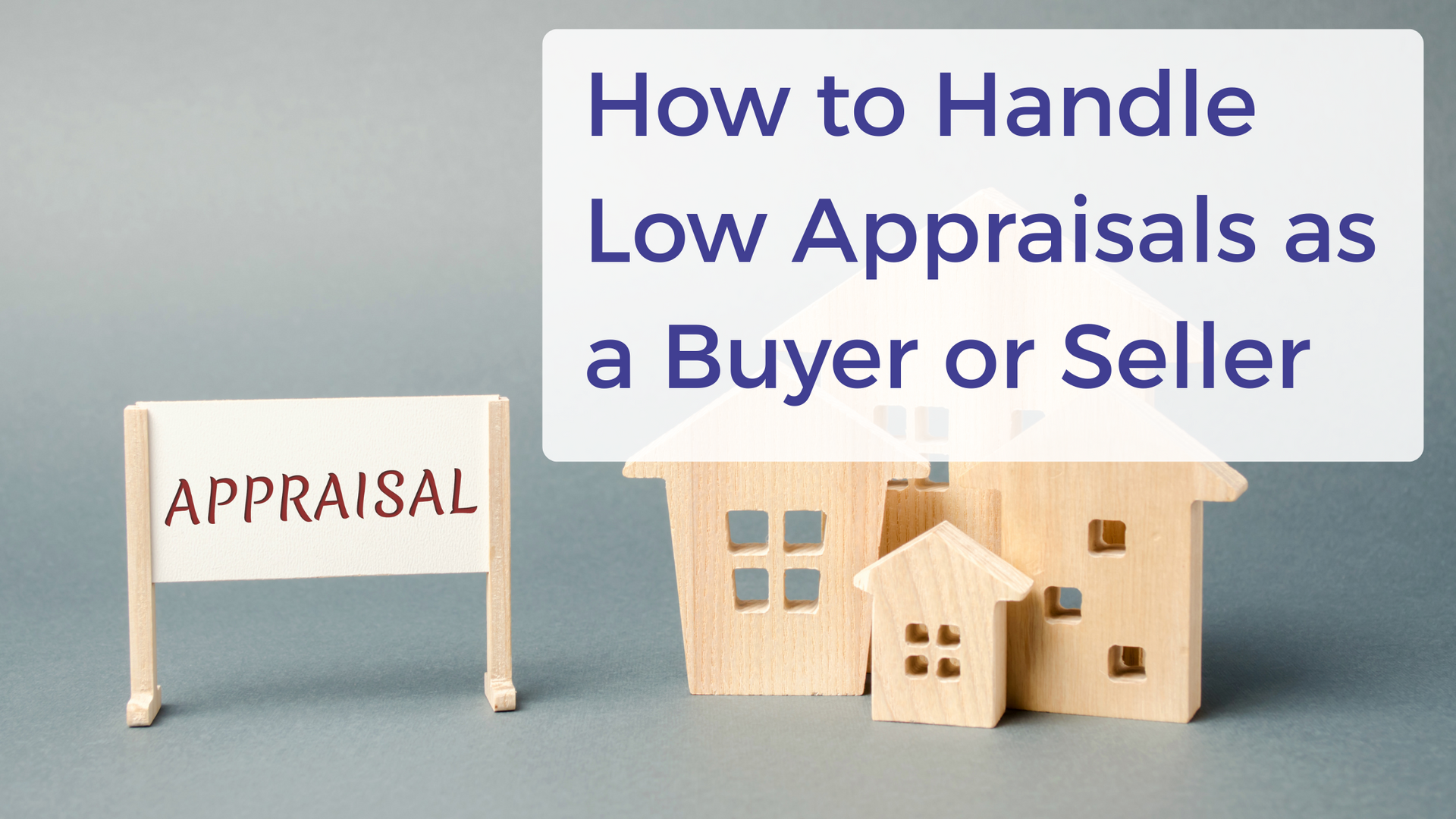What You Should Know About Escrow: A Buyer's Guide
Introduction
Buying a home is one of the most significant financial decisions you'll ever make, and the process can feel overwhelming. One essential but often misunderstood component of real estate transactions is escrow. Understanding how escrow works can help you navigate the home-buying journey with confidence and avoid potential pitfalls. In this guide, we’ll break down everything you need to know about escrow, including its role in the home-buying process, how it protects both buyers and sellers, and the difference between escrow in a real estate transaction and escrow accounts used for taxes and insurance.
What Is Escrow?
Escrow is a financial arrangement where a neutral third party holds funds and documents on behalf of the buyer and seller until specific conditions of the real estate transaction are met. This process ensures that both parties fulfill their contractual obligations before any money or property changes hands.
How Does Escrow Work in a Home Purchase?
The escrow process typically follows these steps:
- Opening an Escrow Account
Once the buyer and seller agree on terms, an escrow account is opened with a third-party escrow company or agent. - Deposit of Earnest Money
The buyer deposits an initial amount, known as earnest money, into the escrow account to demonstrate good faith in purchasing the property. - Fulfillment of Contingencies
Both parties work to meet any contingencies outlined in the contract, such as home inspections, financing approval, and title searches. - Review and Approval of Documents
Necessary documents, including the purchase agreement, title report, and loan documents, are reviewed and approved by the escrow agent. - Closing Process
Once all conditions are met, funds are disbursed, documents are signed, and ownership is officially transferred.
Why Is Escrow Important?
Escrow serves as a safeguard for both buyers and sellers by ensuring a secure transaction. Here’s why it’s crucial:
- Protects Earnest Money
If the transaction falls through due to unmet contingencies, escrow ensures that the buyer's earnest money is refunded (or allocated appropriately based on the contract terms). - Ensures Contractual Compliance
The escrow agent ensures that both parties adhere to the agreed-upon terms before finalizing the sale. - Facilitates a Smooth Closing Process
Escrow helps coordinate various aspects of the closing process, preventing last-minute complications.
Escrow After You Buy: Mortgage Escrow Accounts
Many homebuyers confuse the escrow used during the home-buying process with the escrow account set up by mortgage lenders after the purchase. Here’s the key difference:
Home Purchase Escrow (Temporary Escrow)
- Used only during the real estate transaction to hold funds and documents until closing.
- Managed by a neutral third-party escrow company or agent.
- Ends when the home purchase is complete and ownership is transferred.
Mortgage Escrow Account (Ongoing Escrow)
- Established by your mortgage lender after closing to manage ongoing expenses.
- Holds funds for property taxes and homeowners insurance.
- Part of your monthly mortgage payment is deposited into this account.
- The lender uses these funds to pay property taxes and insurance on your behalf, ensuring they are paid on time.
Tips for Buyers Navigating Escrow
To ensure a smooth escrow process, keep these tips in mind:
- Stay in Close Communication
Regularly check in with your real estate agent, lender, and escrow officer to ensure all requirements are being met on time. - Understand Your Responsibilities
Be aware of deadlines and required documents to avoid delays. - Avoid Major Financial Changes
Changing jobs, making large purchases, or taking on new debt can affect your mortgage approval and delay closing. - Review All Documents Carefully
Take the time to understand all paperwork before signing.
Conclusion
Escrow plays a vital role in the home-buying process, providing security and structure to ensure a fair transaction. Additionally, after purchasing a home, your mortgage lender may set up an escrow account to handle ongoing property tax and insurance payments. By understanding the differences between these two types of escrow and staying proactive, buyers can move forward with confidence and avoid unnecessary roadblocks.
If you're preparing to buy a home or are currently navigating escrow, having the right guidance is key to a successful closing. Feel free to reach out, and let’s discuss how I can help you through every step of this process. Your journey to homeownership is important, and I'm here to ensure it goes smoothly. Let’s connect soon!


